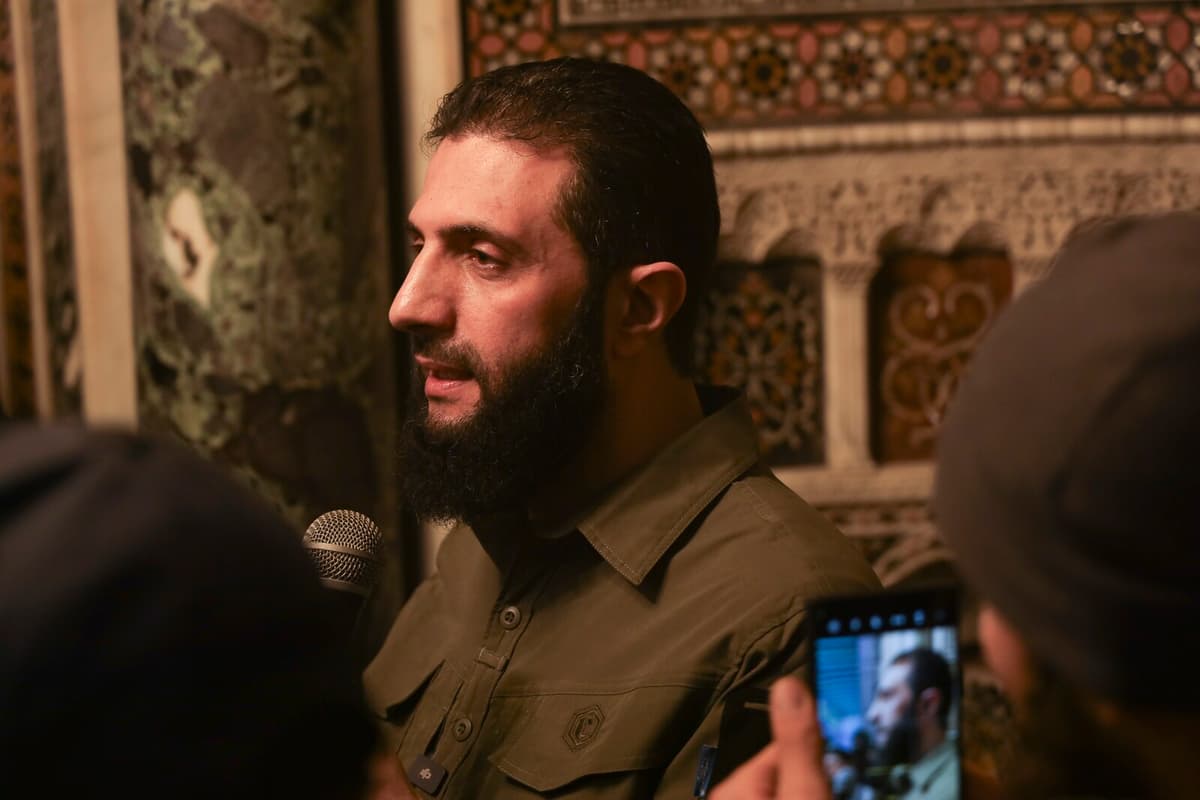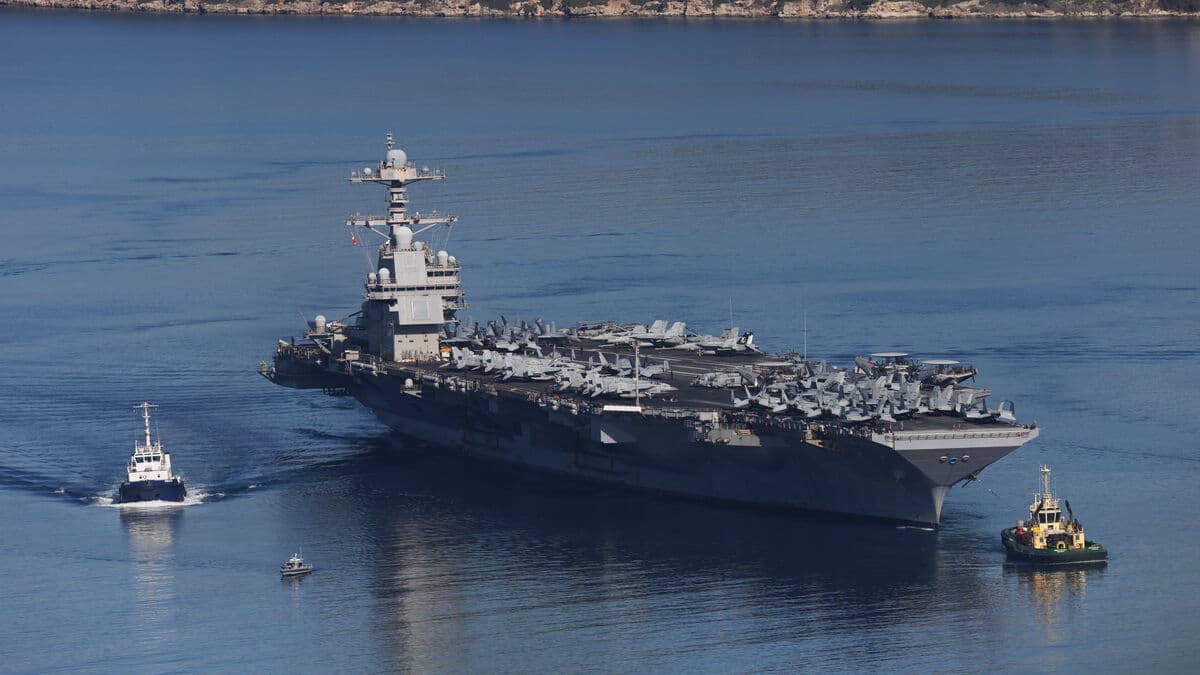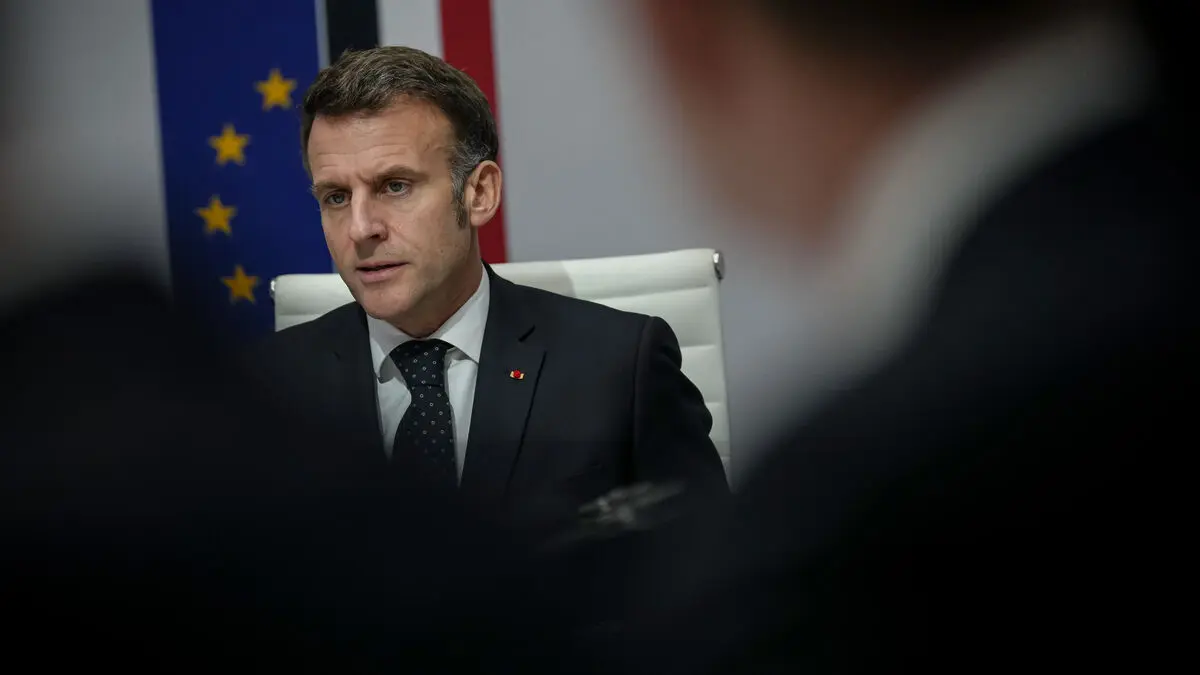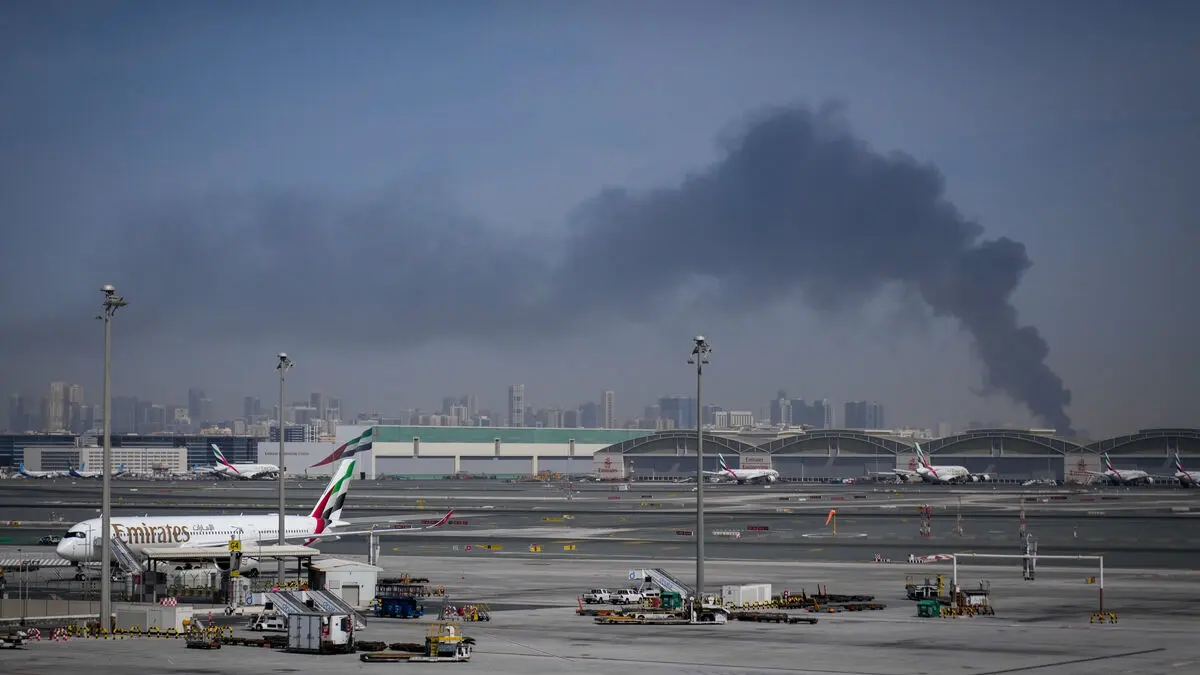Premier Mohammed al-Bashir, who is to lead a temporary transitional government, speaks with the Italian newspaper Corriere della Sera's correspondent in Damascus and addresses the millions of Syrians who are in other countries.
Syria is now a free country that has earned its pride and dignity. Come back, he says, and emphasizes that human capital is needed for the country to flourish in the future.
No reason to worry?
42-year-old al-Bashir previously led the highly Islamist state apparatus in rebel-controlled Idlib. Then, as now, he was chosen by the movement Hayat Tahrir al-Sham (HTS) leader Ahmed al-Sharaa (who previously went under the pseudonym Abu Mohammed al-Julani).
Al-Sharaa has also been in contact with Western media after the takeover and assured that no one needs to feel any fear about the new government. It was the ousted Assad regime that was the reason for fear, emphasizes the HTS leader.
The country is now on its way to development and reconstruction. It is moving towards stability, he tells the British Sky News correspondent in a larger gathering.
People are exhausted from war, so the country is not ready for a new war, and will not end up in one.
Getting rid of the previous regime and the Iran-backed Shia militia Hezbollah is "the solution for Syria", according to Ahmed al-Sharaa.
Question of extremism
The movement HTS was previously called the Nusra Front and emerged from the jihadist al-Qaeda, but claims today to be independent. The US government, however, believes that some communication with al-Qaeda still exists. Ahmed al-Sharaa claims that he has left his extremist past behind and that the movement has been given a more moderate appearance in recent years.
When Corriere della Sera raises this in the interview with Premier Mohammed al-Bashir – and points out that many in HTS have a background in al-Qaeda and IS – he responds that the misdeeds of certain groups have given many in the West a false image of what Islam is:
Just because we are Islamic, we will guarantee all human and community rights in Syria.
In response to a follow-up question about whether a new constitution will be based on Islamic principles, al-Bashir says that it will be resolved in the coming work, "if God wills".
The transitional government is said to rule until March 1.
Until last Sunday, the Syrian state had been ruled with an iron fist by the al-Assad family since the 1970s.
Syria's political system was formed by Hafiz al-Assad, president from 1970 to 2000. Son Bashar al-Assad inherited power after his father's death in 2000 and implemented some changes. But the fundamental system remained the same: with the president as both head of state, supreme commander, and with the highest executive power.
The uprising against Bashar al-Assad's regime that started in connection with the Arab Spring in 2011 soon took the form of a civil war with significant involvement of foreign powers, resulting in many deaths and a massive refugee wave.
A new constitution was adopted in 2012. Syria was declared a multi-party democracy, but only parties loyal to al-Assad were allowed, and the new constitution did not change how the country was governed in practice.
Independent organizations such as Human Rights Watch and Amnesty International have repeatedly reported on al-Assad's brutal rule and the state-controlled secret police that systematically tortured, imprisoned, and killed opponents of the regime.
Source: Landguiden/UI






